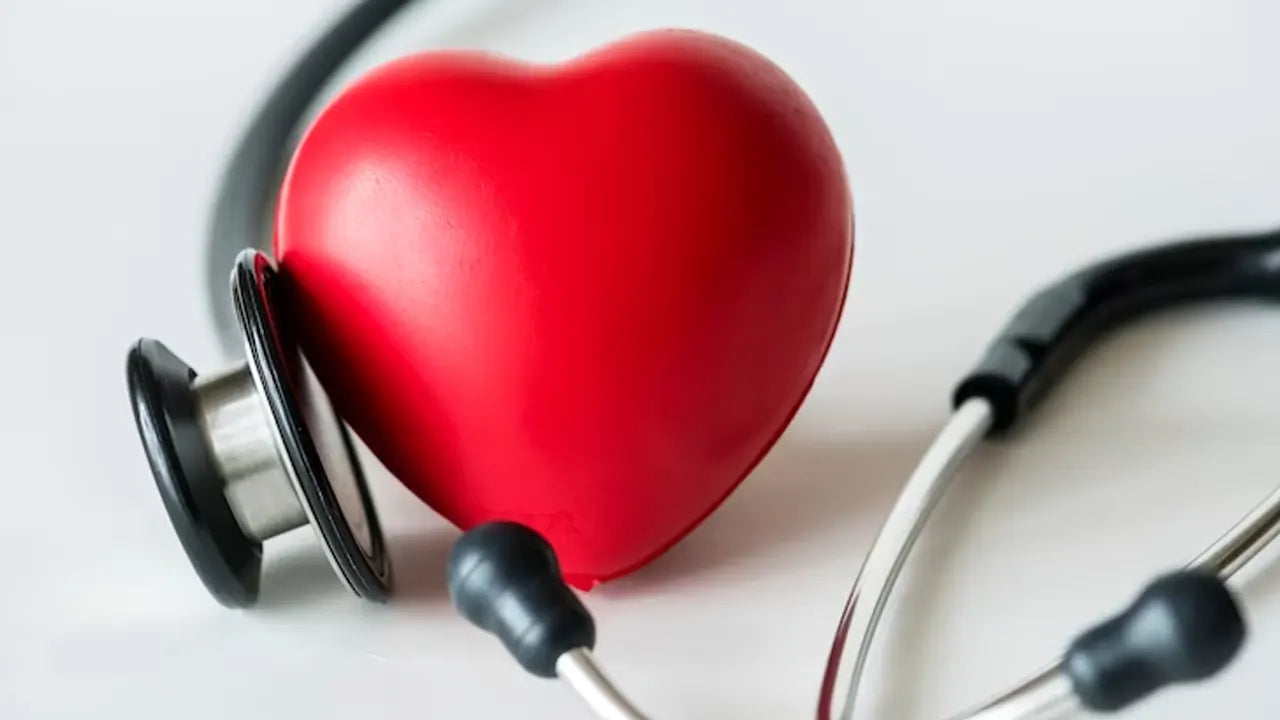Does the heart use mitochondria? A seemingly simple question, yet its answer unravels a tale of intricate biology, physiology, and the very essence of life itself. As we embark on this scientific exploration, we will understand how the tiny, invisible giants known as mitochondria contribute to the pulsating rhythm of our hearts, orchestrating every beat and every pulse that resounds within us.
Mitochondria and Your Magnificent Heart

Does the Heart Use Mitochondria? The Core of our Cardiac Cells
The Numerical Narrative of Mitochondria in Heart Cells

A Cell's Heartbeat Heroes
The Rationale for Rich Mitochondrial Presence

The Energy Epicenter
Navigating the Nuances of Mitochondrial Heart Disease











